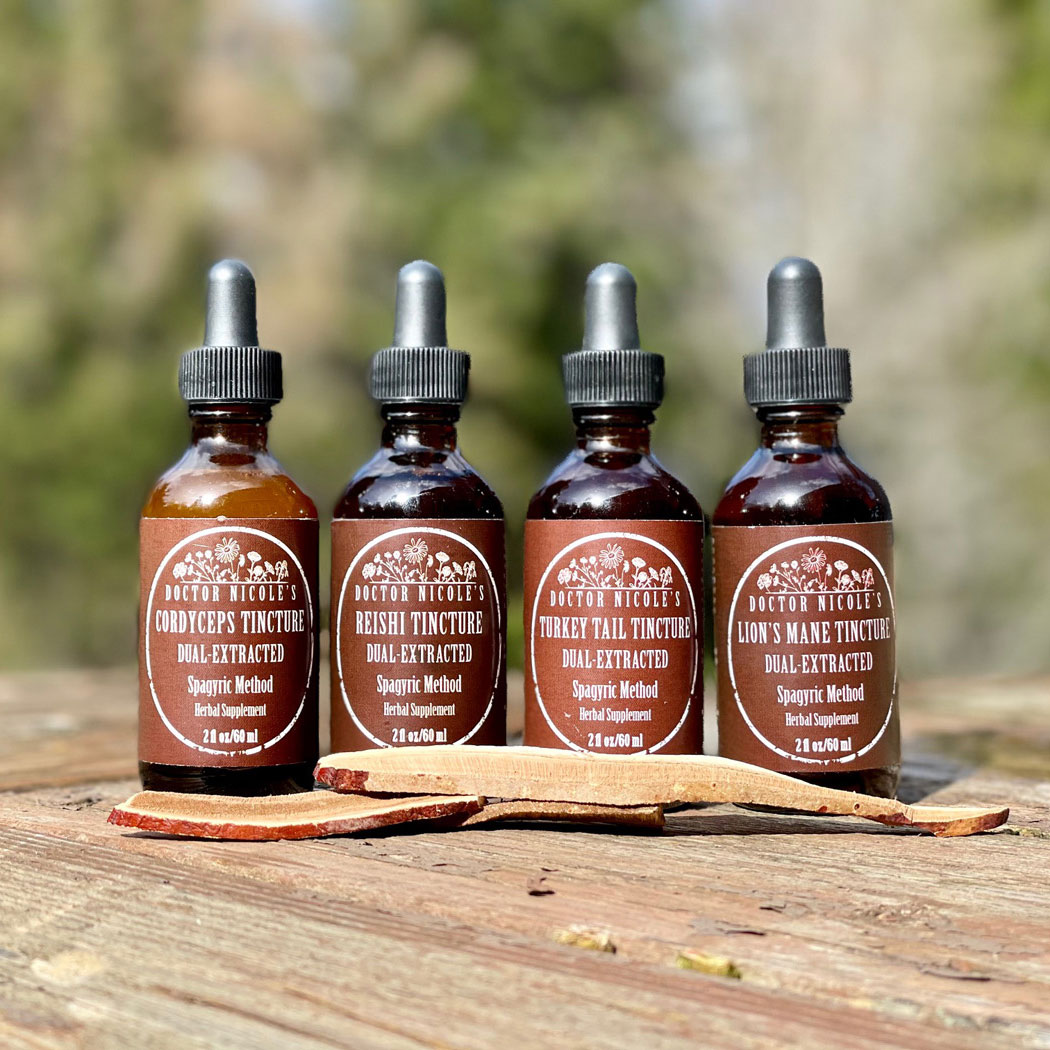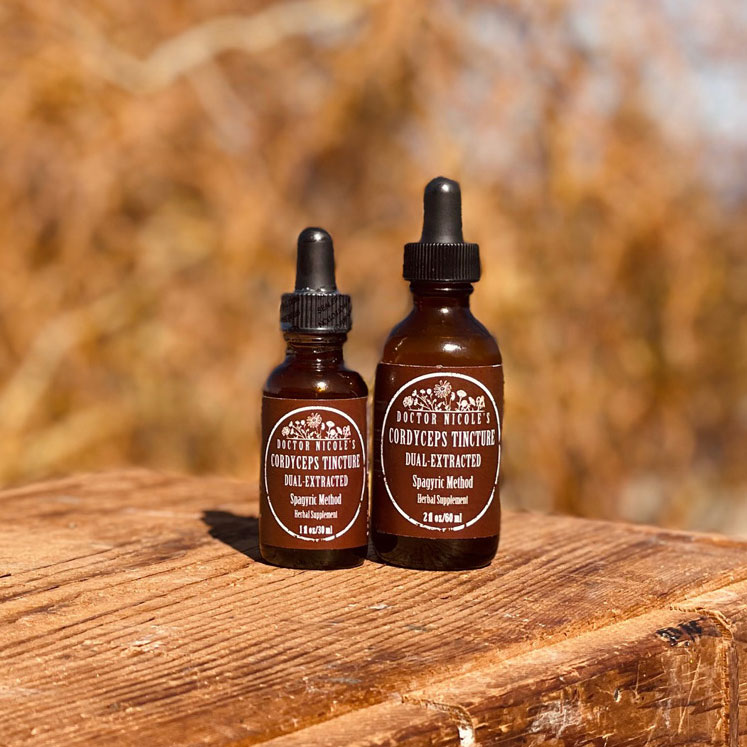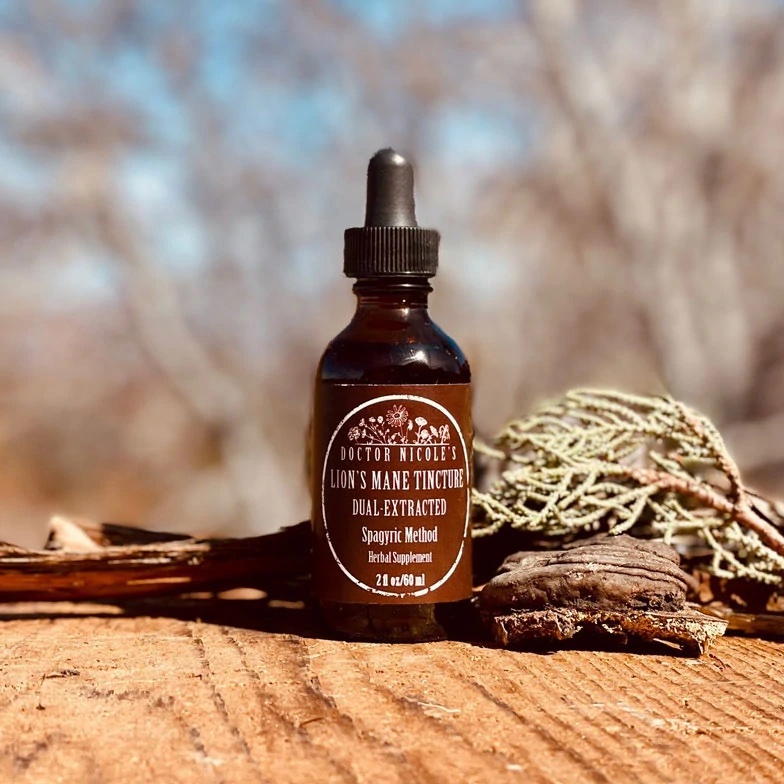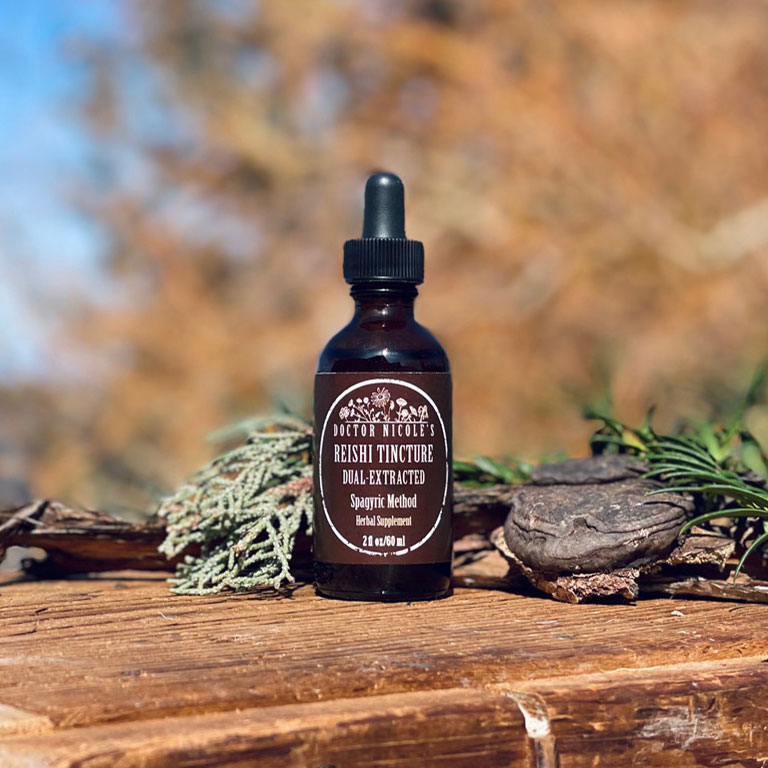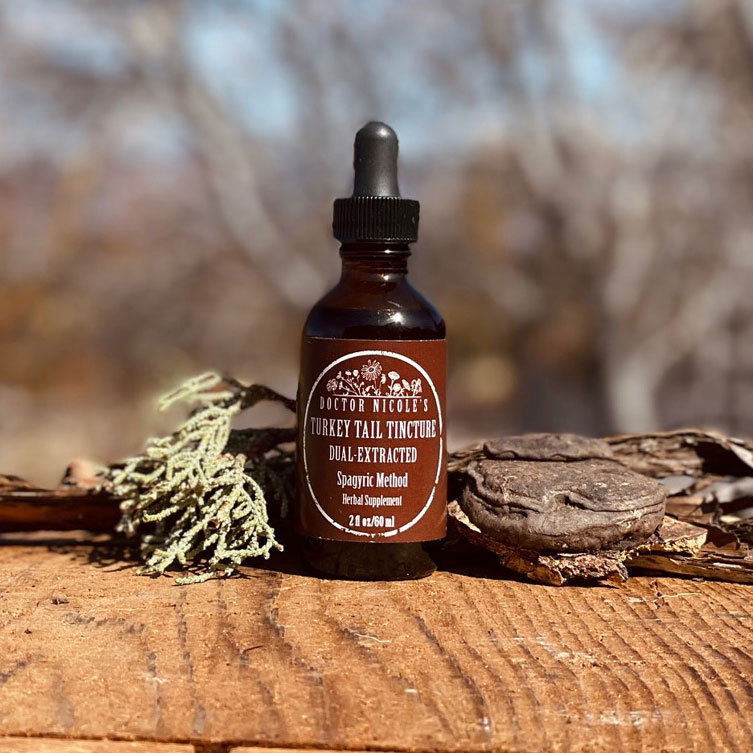A thought-provoking new study has found that a high-fat diet, such as what you find with a ketogenic diet, can reprogram immune cells to enhance immunity. But there is a catch — it may also increase the risk of systemic inflammatory conditions, including sepsis.
Since keto diets are a popular method for losing weight and controlling seizures, not to mention it is what I personally use to manage my multiple sclerosis (MS), this study certainly caught my eye. Let’s have a look at what the researchers found — and how to minimize the negative outcomes of eating a high-fat diet.
What is a Ketogenic Diet?
Back in 1921 it was discovered that when a child with a seizure disorder ate a low-carb, high-fat diet, many times their seizures would disappear.4 In fact, before the advent of pharmaceuticals, a ketogenic diet was the top method for addressing epilepsy in children. Since that time, researchers have also found success with type 2 diabetes, cancer, and Alzheimer’s disease.3,5,6
The diet involves significantly reducing carbohydrates and replacing them with dietary fat, which puts you into ketosis — a metabolic state that shifts your body from burning carbohydrates to burning fat for energy. This process also produces ketones that supply energy for the brain.7
There are several types of ketogenic diets, including:
Standard ketogenic diet (SKD) — Very low carb (10%), moderate protein (20%), and high fat (70%).
Cyclical ketogenic diet (CKD) — Includes higher levels of carbohydrates where you eat a SKD for 5 days, followed by 2 high carb days. Advocates of a CKD believe this creates a more metabolically flexible structure so that your body becomes trained to easily shift between burning carbs to burning fat.
Targeted ketogenic diet (TKD) — Essentially a SKD, but more carbs are added in around workouts.
High protein ketogenic diet — Generally the same as a SKD, but with more protein (35%), 60% fat, and 5% carbohydrates.8
Practicing intermittent fasting also helps you to enter into ketosis. You can learn more about it here.

Reprogramming Immune Cells With a High-Fat Diet
This brings us to a study recently published in eLife Sciences.1 Researchers at Portland State University have discovered that a ketogenic diet can significantly impact the immune system in animal models. Lead researcher Brooke Napier and her team found that mice fed a high-fat ketogenic diet experienced a higher mortality rate from sepsis. They suspected that palmitic acid found in animal fats and dairy products may be the culprit. When they isolated the compound and injected it into animals who were fed a normal diet, they also became susceptible to sepsis.
The team noted that when mice were fed a typical Western diet, ketogenic diet, or treated with palmitic acid, they all had high levels of inflammatory cytokines, which are immunological hormones that trigger fever and body-wide inflammation. Most of us have heard about cytokine storms in relation to viral infections during the pandemic, which is a form of sepsis, although most cases are bacterial in nature.
The researchers also discovered that palmitic acid impacts what is called trained immunity. This is where your immune system develops “memory” from pathogens it has been exposed to so that an efficient and robust immune response is activated when the body comes in contact with the pathogen in the future. In the case of sepsis, when the body encounters a second inflammation stimulus, the response is too strong.
“Our model is the first time anyone has ever shown that a dietary constituent can provide this first pulse of inflammation,” says Napier. “The fat is reprogramming their stem cells to produce more inflammatory innate immune cells, and those innate immune cells — when they’re put in this sepsis disease model — produce more cytokines, more fever and higher mortality rates.”2
But the team is quick to point out that inflammation from an infection isn’t always problematic because it helps to clear the infection more quickly. They demonstrated this with palmitic acid treated mice, who were better able to overcome a Candida albicans infection compared to untreated mice.
Napier and colleagues also found that oleic acid, a polyunsaturated fat found in plant-based oils such as olive oil, can counteract the negative impact of palmitic acid by moderating the stress response in cells associated with the hyperinflammation of sepsis. Remarkably, when they fed mice a ketogenic diet for two weeks, but gave them oleic acid for the last three days, the animals no longer exhibited a susceptibility to sepsis.
Napier said this discovery was “absolutely shocking”.
More research is needed to explore how these findings apply to humans, but the results may indicate that the type of fat we eat could play a significant role in how our immune systems function and the risk of disease.
“If you are on a keto diet that is substantially heavy in dairy products and in red meats, you’re going to get a very high level of palmitic acid. Without counteracting that with polyunsaturated fats from something like olive oil, it would seem very reasonable that you could be making yourself more susceptible to sepsis,” Napier says, noting that this study is in no means a red mark against a ketogenic diet. “In the same way, if you eat a lot of palmitic acid you could also be helping yourself to clear infection in the time of a global pandemic.”2
Naturally Cooling the Inflammatory Response
Along with dietary shifts in the type of fat you consume, if you have a tendency like I do towards chronic inflammation, herbal remedies are an outstanding option to lower the hyperinflammatory response. The four essential extracts I use everyday are dual-extracted, fruiting body tinctures of cordyceps, lion’s mane, reishi, and turkey tail. Each also has unique benefits beyond reducing inflammation, including the following:
Cordyceps
- Improves memory, learning, and reduces oxidative damage to cells.
- Combats fatigue
- Fights chronic inflammation
- Neuroprotective
- Antimicrobial
- Antiviral — Cordycepin from C. militaris is thought to inhibit viral entry and viral replication into the host body’s cells.
- Demonstrates great potential for acute lung injury induced by influenza
- Boosts athletic performance
- Improves brain function
- Manages blood sugar levels
- Supports cardiovascular and liver health
- Asthma and Allergies
- A study published in Phytotherapy Research found that cordyceps improves brain function in animal models.
- Containing two unique compounds, d-mannitol cordycepin and 3’-deoxyadenosine, Cordyceps helps control blood sugar levels by mimicking the activity of insulin.
- Research suggests cordyceps inhibits the growth of cancer cells, including those of the lung, colon, and liver.
Lion’s Mane
- Anti-inflammatory
- Boosts cognitive function
- Lessens insomnia, anxiety, and depression
- Improves energy by improving blood oxygen levels, reducing muscle fatigue, and lowering lactic acid accumulation.
- Shown to help reduce symptoms of Alzheimer’s, Dementia, and Parkinson’s.
- Helps to repair damaged nerve cells in the spinal cord and brain by encouraging Nerve Growth Factor (NGF).
- Studies have shown that lion’s mane has a unique ability to stimulate the growth of brain cells.
- Helpful for autoimmune conditions like Crohn’s disease and multiple sclerosis.
Reishi
- Fosters quality sleep, alleviates adrenal fatigue, and encourages healthy immune function.
- Strengthens the body against the negative effects of stress, including: hormonal imbalances, high cortisol, fatigue, brain fog, and low energy
- Relieves autoimmune diseases and leaky gut through anti-inflammatory action and immune system modulation.
- High in beneficial beta glucans, glycoproteins, and triterpenes to support gut and metabolic health.
- Alcohol-extracted reishi helps with blood sugar management. This is important, as it’s been shown that it’s possible to avoid the onset of seasonal allergies by keeping blood glucose levels balanced.
- Lowers liver enzymes and helps liver function.
- Suppresses certain inflammatory compounds and inhibits histamine release.
Turkey Tail
- Leaky gut and candida overgrowth
- Reduces the symptoms of chronic fatigue syndrome
- Calms internal and external inflammation
- Lowers damaging LDL cholesterol and elevated blood pressure
- Blood sugar management
- May be helpful in reducing the risk of cancer
- Fights bacterial and viral infections, including: HIV, herpes, shingles, HPV, colds, and influenza.
- A known immune modulator, turkey tail is an effective medicinal herb for autoimmune conditions.
Each of the above medicinal mushrooms is found in my convenient Mushroom FOURtress bundle.
Interested in learning more about these and many other herbal medicines and the science behind them? Visit the apothecary today!
Nicole Apelian
Nicole’s Apothecary Products in this Post
References
- Amy L Seufert, James W Hickman, Ste K Traxler, Rachael M Peterson, Trent A Waugh, Sydney J Lashley, Natalia Shulzhenko, Ruth J Napier, Brooke A Napier. Enriched dietary saturated fatty acids induce trained immunity via ceramide production that enhances severity of endotoxemia and clearance of infection. eLife, 2022; 11 DOI: 10.7554/eLife.76744
- Portland State University. (2022, November 7). Diet high in saturated fat can reprogram immune cells in mice. ScienceDaily. Retrieved December 16, 2022 from www.sciencedaily.com/releases/2022/11/221107192308.htm
- Westman, E. C., Tondt, J., Maguire, E., & Yancy, W. S., Jr (2018). Implementing a low-carbohydrate, ketogenic diet to manage type 2 diabetes mellitus. Expert review of endocrinology & metabolism, 13(5), 263–272. https://doi.org/10.1080/17446651.2018.1523713
- Ułamek-Kozioł, M., Czuczwar, S. J., Januszewski, S., & Pluta, R. (2019). Ketogenic Diet and Epilepsy. Nutrients, 11(10), 2510. https://doi.org/10.3390/nu11102510
- Weber, D. D., Aminazdeh-Gohari, S., & Kofler, B. (2018). Ketogenic diet in cancer therapy. Aging, 10(2), 164–165. https://doi.org/10.18632/aging.101382
- Rusek, M., Pluta, R., Ułamek-Kozioł, M., & Czuczwar, S. J. (2019). Ketogenic Diet in Alzheimer’s Disease. International journal of molecular sciences, 20(16), 3892. https://doi.org/10.3390/ijms20163892
- Masood W, Annamaraju P, Uppaluri KR. Ketogenic Diet. [Updated 2022 Jun 11]. In: StatPearls [Internet]. Treasure Island (FL): StatPearls Publishing; 2022 Jan-. Available from: https://www.ncbi.nlm.nih.gov/books/NBK499830/
- Rudy Mawer, MSc, CISSN, Amy Richter, RD. The Ketogenic Diet: A Detailed Beginner’s Guide to Keto, Healthline, October 22, 2020. Retrieved on December 16, 2022 from https://www.healthline.com/nutrition/ketogenic-diet-101#diet-types



